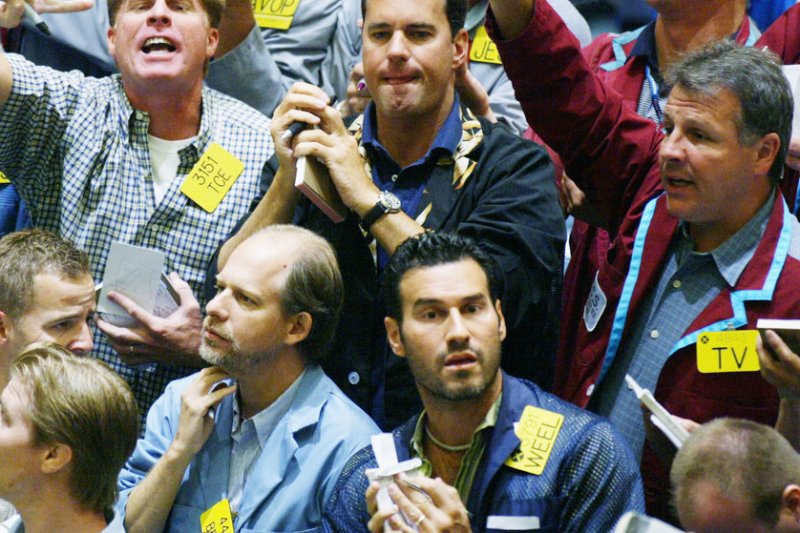Oil prices move toward an eight-month high because of a prevailing sentiment that the market has balanced out after years of oversupply. File photo by Monika Graff/UPI |
License Photo
Sept. 25 (UPI) -- Sentiment that the global market for crude oil is returning to balance after years of supply-side strains pushed oil prices toward an eight-month high Monday.
Traders last week were left waiting after ministers monitoring the effort led by the Organization of Petroleum Exporting Countries to drain the market surplus with production declines left Vienna with few firm decisions. That would normally send oil prices lower, though abnormalities left over from hurricanes in the United States are still lingering.
The U.S. Energy Department said that, as of Sunday afternoon, three refineries in the Gulf Coast region were still shut down and 10 were operating at reduce rates because of Harvey. The closures represent about 2 percent of total U.S. refining capacity.
Phil Flynn, a senior market analyst for the PRICE Futures Group in Chicago, said in an emailed market report the closures are adding support for Brent crude oil prices because of European demands and putting strains on the overall market as it looks to make up for the unevenness triggered by weather in the United States.
"This tightness should be another supportive factor for oil as refiners must keep running to keep up with demand," he said. "This comes as OPEC punts on a decision to extend production cuts until January as it is clear the global oil market is already in balance."
Chronic oversupply, triggered in part by production gains in the United States, pushed crude oil prices below $30 per barrel early last year. Drilling services company Baker Hughes reported last week that exploration and production activity in the United States had slowed down.
The price for Brent crude oil, the global benchmark for the price of oil, was up 1.2 percent at 9:05 a.m. EDT to $57.54 per barrel. West Texas Intermediate, the U.S. benchmark, was up 1 percent to $51.17 per barrel.
An OPEC source told Russian news agency Tass on Monday that an extension of the agreement for another three to six months was under consideration, but a formal decision would have to wait until OPEC's next regular meeting in November.
Meanwhile, a referendum for independence in the Kurdish north of Iraq is adding a risk premium to crude oil prices because of the lack of international support for the maneuver. Risk consultant group Verisk Maplecroft reported that Turkey could respond by blocking oil deliveries from the Kurdish north to its Mediterranean ports.
"The Kurdistan referendum is a risk on about 550,000 barrels per day of supplies," Switzerland-based consultant Petromatrix said in an emailed report. "Baghdad is repeating its call for countries to stop buying crude oil directly from the Kurdistan Regional Government."















